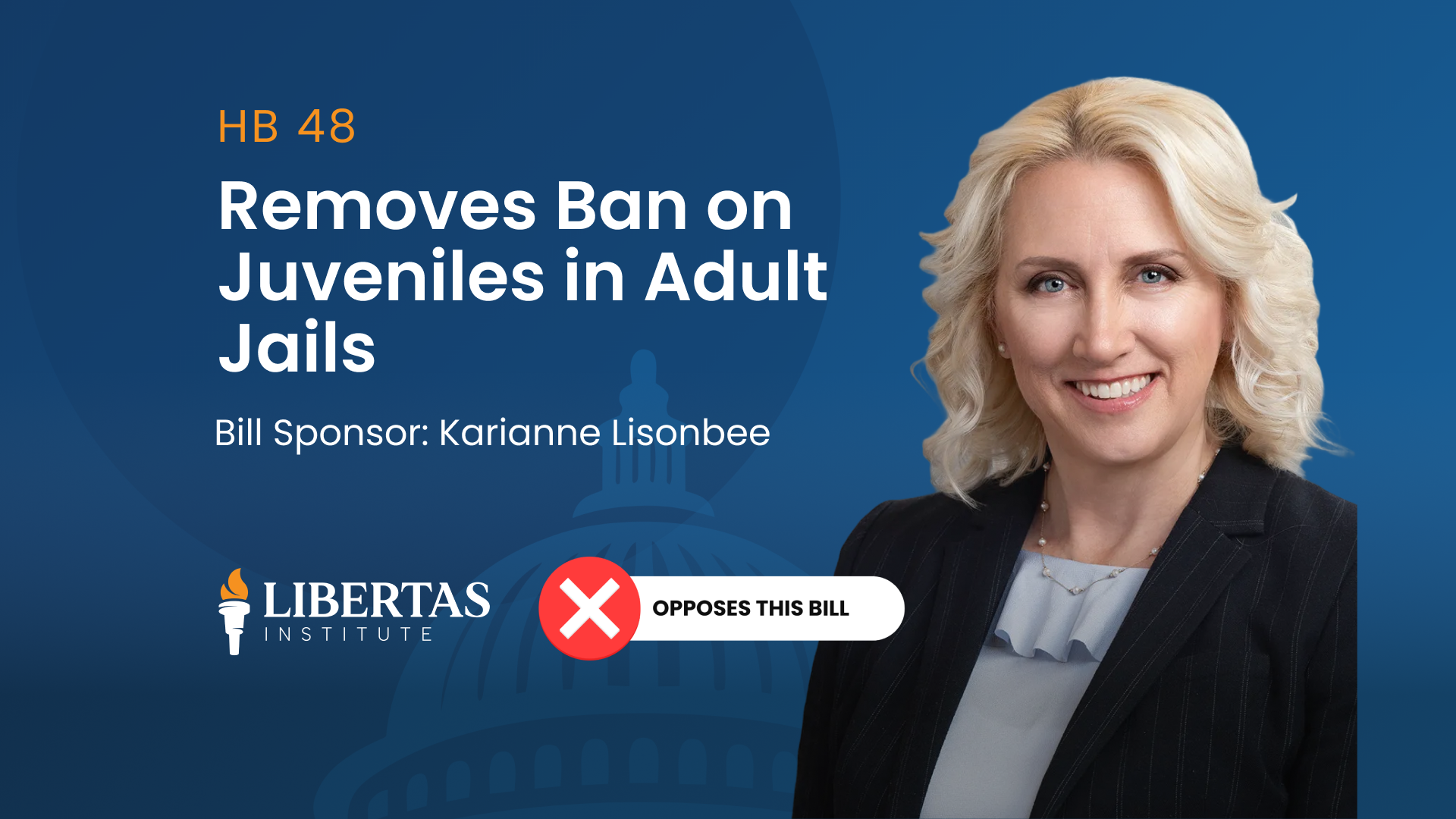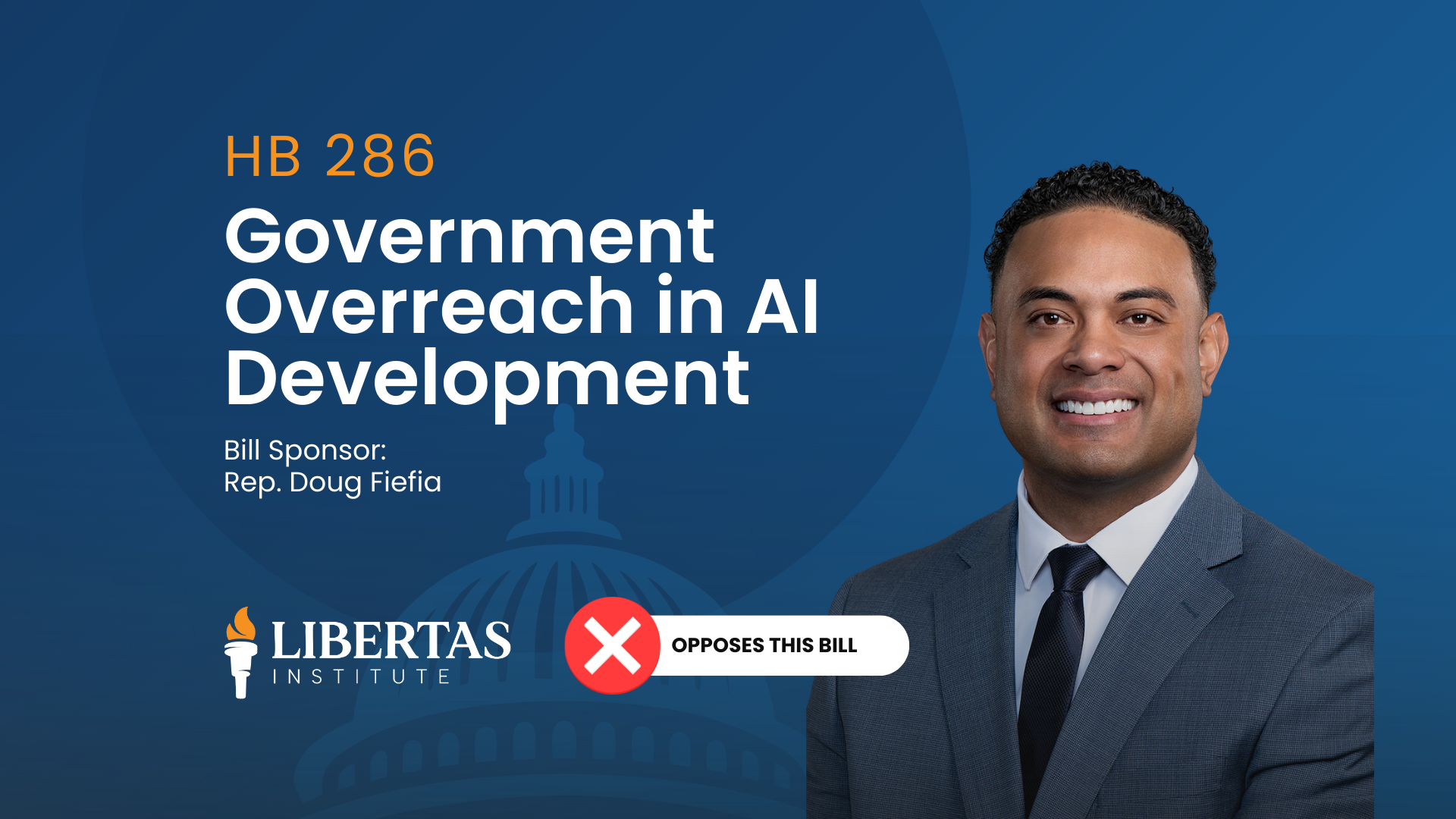To track the status of this bill, find it on our Legislation Tracker.
Click here to contact the sponsor of the bill to share your thoughts, or
click here to email your Senator and Representative about it.
Libertas Institute opposes this bill.
A 2009 performance audit conducted by the Legislative Auditor General recommended that the legislature end the post-retirement employment of government workers, whereby individuals were collecting both a paycheck and a pension, all funded by taxpayers. This “double dipping” had cost nearly half a billion dollars in the previous eight years.
Following this recommendation, and in the wake of market problems in 2008 and 2009 which created a $6.5 billion pension liability for Utah taxpayers, the legislature modified the retirement system in 2010 and 2011. Legislation in 2010 restricted the “double dipping” practice by pausing an employee’s pension until they re-retire, should they return to government employment within a year of the initial retirement.
Representative Rich Cunningham has proposed legislation to reverse these common sense changes, thereby allowing government officials to “retire,” seek new government employment, and enrich themselves at taxpayer expense. House Bill 77 would change the (too short) one year restriction to 60 days—basically, a meaningless restriction that would re-enable rampant double dipping.
Government employees showed up in force to oppose the previous pension changes, so it seems likely that this is their counter-move to try and reverse the restrictions placed upon them.
Taxpayers should not be required to bear such a burden; the “double dipping” practice needs to be increasingly restricted by increasing the one year limit—not decreasing it to the point of near irrelevance.




